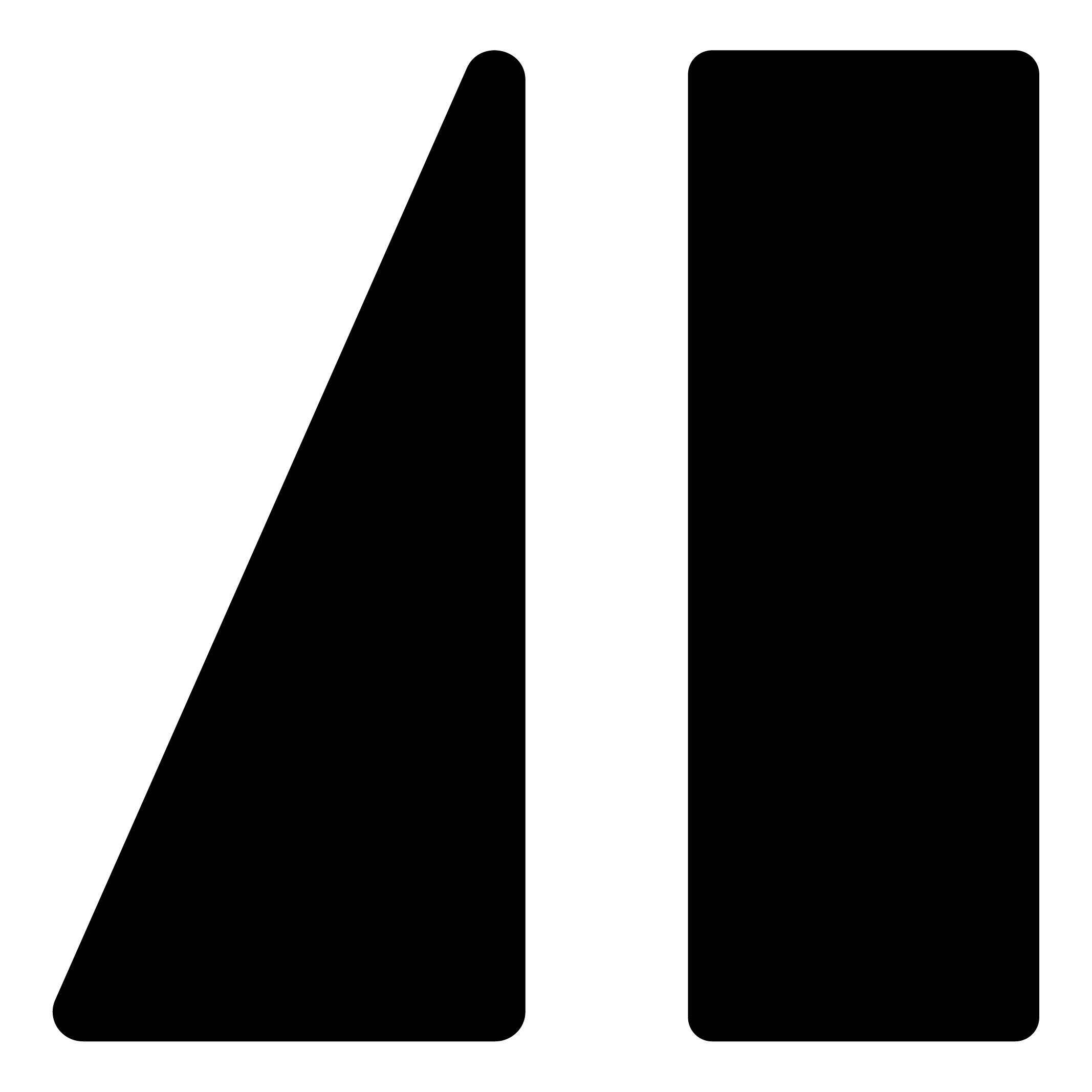Note to readers: This post acts as a sort of table of contents for all the items in my “Understanding SEO” series. It will be updated as more information is created, and any industry changes happen. If you spot something incorrect, please get in touch with me!
SEO: Three letters that can strike fear into the heart of even the most tech-savvy business owner. SEO, or Search Engine Optimization, can seem like an insurmountable mountain of jargon, analytics, and algorithms.
Let’s wipe that stress away! This guide will take you on a journey through the foggy wilderness of SEO to help you understand what it’s all about. After all, the first step in conquering a challenge is understanding it.

Understanding SEO Basics
The essence of understanding SEO basics lies in comprehending its definition, so let’s give that a shot:
SEO is the practice of optimizing your online content, so search engines, rank it higher on their results page (for relevant searches, that is).
Think of it as the fine-tuning of your digital presence to be more attractive to the algorithmic eyes of search engines.
When you use SEO, you’re basically telling Google, “Hey, I have the answer to what your users are looking for.” The better you do this, the higher you’ll rank. And the higher you rank, the more visibility you get. Visibility equals traffic, and traffic can lead to conversions – which may be sales, sign-ups, or whatever else your business goals are.
Step-By-Step SEO Guide
“Great,” you say, “can you just give me a step-by-step SEO guide and I’ll be on my way?”
Unfortunately, it’s hard to provide a definitive step-by-step SEO guide because there is no one-size-fits-all approach to SEO.
But I want to hit you with some good news, we can delve into the key factors that are universally important for SEO.
Here are some of the biggest factors relating to SEO:
What is SEO in Digital Marketing?
I’m repeating myself here, but I assume this question is how you ended up here. In the realm of digital marketing, SEO is the strategy that helps your website to be found by your target audience. It involves tactics that aim at improving your site’s ranking, driving traffic, and increasing awareness.
What is Organic Search?
Organic search is the online version of word-of-mouth. When users find your website through a search engine, without the influence of paid ads, that’s organic search. It’s unpaid, naturally occurring visibility in search results, and SEO is the key to improving it.
It should be your favorite way to get visitors because it’s free!
Here’s a whole post about organic SEO marketing that you can check out.
What is On-Page SEO?
On-page SEO refers to the tactics you employ on your website that make it more search-engine friendly. This includes optimizing title tags, content, internal links, and URLs. Think of it as dressing your website in its Sunday best for Google.

What is Off-Page SEO?
Off-page SEO, on the other hand, is all about enhancing your site’s reputation and authority. It’s achieved through activities conducted outside your website, like link building, social media marketing, and influencer outreach. It’s about making your website popular in the digital neighborhood. You want to be the cool kid, right?
What is Technical SEO?
Technical SEO is the geeky cousin in the SEO family. It involves improving technical aspects like site speed, mobile-friendliness, and website architecture to enhance user experience and make it easier for search engines to crawl and index your site. This is often overlooked because content creators don’t think about it, but this will make or break your rankings. Please don’t break them.
What is SEO Writing?
SEO writing is the art of creating content that both humans and search engines love. It involves understanding SEO keywords, using them effectively, and creating high-quality content that answers the questions your audience is asking.
Some people write only for search engines, and that’s a great way to not get visitors. The tl;dr version of that is that if people don’t like your site and leave quickly, search engines think you aren’t the cool kid. And we already established that you want to be the cool kid, right?
What is a Long Tail Keyword?
A long tail keyword is a phrase that contains multiple words (often said to be three or more). They’re more specific than generic keywords and usually have lower search volumes, but higher conversion rates. For example, “vintage green leather couch” is a long tail keyword, while “couch” is a generic keyword.
These are great because they have less search traffic (which means they’re easier to rank for), and they get so specific that the searcher has already told you what they want to see.
What is Local SEO?
Local SEO is all about making your business visible for geographically related searches. It’s like a digital version of your shop window – it helps local customers find you.
If you have any sort of business focused on your community, this should be your main focus. But this is a lot less important if you sell goods or services to people all over the place, and they could care less where you are.
What is Link Building?
Link building is the process of acquiring hyperlinks from other websites to your own. Think of each link as a vote of confidence from one site to yours. The more high-quality links you have, the more trustworthy your site appears to search engines.
This used to be done in a shady fashion, but search engines now watch out for that. So please don’t do it. Instead, create great content. People will like that, and they will naturally share (link building is when you ask politely).

Search Engine Optimization Techniques Are Constantly Evolving
That’s it! Now you know SEO!
Just kidding.
Here’s the tricky thing about SEO: it’s always changing. Google (and other search engines) constantly tweaks algorithms to improve user experience. That means the tactics of today may only work for a while. But no need to worry, that’s where I come in (spoiler: I’m obsessed with SEO).In this ever-evolving digital landscape, it’s crucial to keep your SEO knowledge updated. That’s why I’ll be keeping this SEO definition and examples guide fresh with the latest search engine optimization techniques and SEO marketing trends. So, bookmark this page and check back often.



